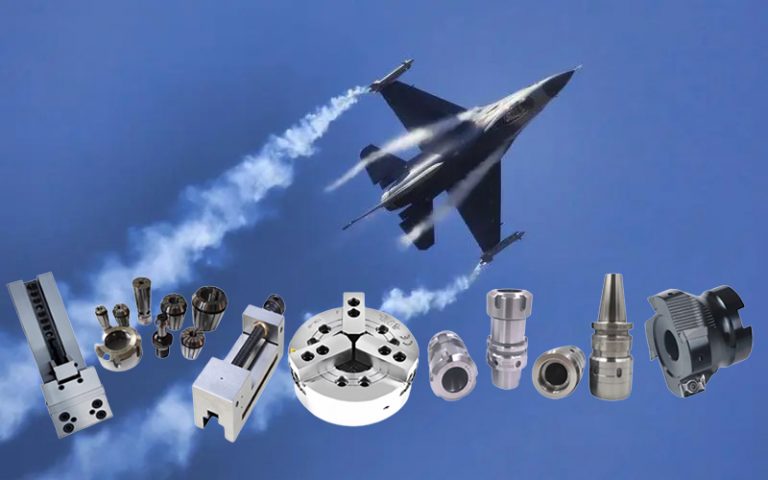Quality Milling Tools for Precision Machining
Precision machining is a critical aspect of modern manufacturing, and achieving accurate and consistent results relies heavily on the quality of milling tools used. High-quality milling tools not only ensure precision but also enhance productivity and deliver superior machining performance.
Milling tools are available in a wide range of types, including end mills, face mills, ball nose mills, and more. These tools are designed with specific geometries, coatings, and cutting edge profiles to cater to various milling applications. When it comes to precision machining, selecting the right milling tool is paramount.
One of the key factors in choosing quality milling tools is the material. Different materials, such as high-speed steel (HSS), carbide, and ceramic, offer varying levels of hardness, wear resistance, and heat resistance. Carbide tools, for example, are known for their exceptional hardness and heat resistance, making them ideal for high-speed and high-temperature milling operations. On the other hand, HSS tools provide good versatility and cost-effectiveness for a wide range of machining applications.
Another crucial aspect of quality milling tools is the cutting edge geometry. Tools with sharp and precise cutting edges allow for clean and accurate cuts, minimizing the need for secondary operations and improving overall efficiency. Different cutting edge profiles, such as square, ball nose, and corner radius, offer specific advantages for various milling tasks, including contouring, slotting, and surface finishing.
Furthermore, coatings play a significant role in enhancing the performance and durability of milling tools. Coatings such as titanium nitride (TiN), titanium aluminum nitride (TiAlN), and diamond-like carbon (DLC) provide benefits such as increased hardness, improved lubricity, and reduced friction. These coatings extend tool life, reduce cutting forces, and enhance chip evacuation, resulting in improved surface finishes and longer tool life.
Quality milling tools also undergo rigorous manufacturing processes and quality control measures. Precision manufacturing techniques ensure consistent tool dimensions, tight tolerances, and reliable performance. Additionally, comprehensive quality control checks, including dimensional inspection and hardness testing, guarantee that the tools meet the highest standards of quality and performance.
Investing in high-quality milling tools for precision machining is an investment in the success and competitiveness of a manufacturing operation. Quality tools deliver consistent and accurate results, reduce downtime due to tool breakage or wear, and improve overall productivity and efficiency.
In conclusion, quality milling tools are essential for precision machining. By selecting tools made from high-quality materials, featuring precise cutting edge geometries, advanced coatings, and undergoing stringent quality control, manufacturers can achieve superior results in their milling operations. The right tools not only ensure precision but also enhance productivity, reduce costs, and contribute to the overall success of the machining process.

